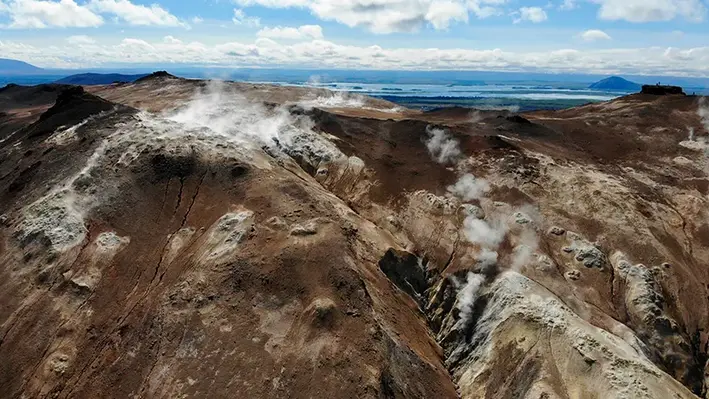 US-based Deep Fission Inc. is drawing on geothermal know-how and other proven techniques from across the energy sector as it develops a new approach to nuclear power.
US-based Deep Fission Inc. is drawing on geothermal know-how and other proven techniques from across the energy sector as it develops a new approach to nuclear power.
The California company applies drilling methods and subsurface geology practices commonly used in the geothermal industry to support its programme for low-cost small modular reactors (SMRs).
Founded in 2023 by a father–daughter team, Deep Fission is pioneering advanced nuclear energy systems that place 15 MWe pressurised water SMRs in boreholes drilled one mile underground.
Its proprietary system integrates mature, well-established technologies: standard pressurised water reactors, deep drilling methods from the oil and gas sector, and heat-transfer techniques widely used in geothermal energy.
Although fundamentally a nuclear company, it adapts the drilling, geological, and underground engineering expertise prevalent in geothermal and oil and gas to safely house reactors deep below the Earth’s surface.
This geological placement provides natural shielding and containment, reducing the need for extensive surface infrastructure and potentially lowering project costs.
Because its design relies on existing industrial approaches, the company expects to use off-the-shelf components and readily available low-enriched uranium (LEU) fuel to keep costs down. By siting reactors a mile underground, it also avoids the costly and lengthy surface construction associated with traditional nuclear plants — the company says this model could cut project expenses by up to 80% and allow deployment in as little as six months from groundbreaking to full operation.
In the past few months, Deep Fission has been expanding its senior leadership team, most recently appointing Mike Brasel as Chief Operating Officer.
A seasoned energy-sector executive with nearly three decades of experience across nuclear, fossil, and renewable industries, Brasel will help advance the technology toward demonstration and eventual commercialisation.
“I’ve spent my career helping to advance the nuclear industry, and Deep Fission is doing exactly that by bringing a fresh, practical approach that truly tackles the cost and time challenges of deployment,” he said.
Brasel’s appointment follows a series of other milestones for the group, including its participation in President Trump’s new Reactor Pilot Programme, a recent go-public transaction, and the announcement of initial planned sites in Texas, Utah, and Kansas.
The company now reports a customer pipeline of 12.5 GW.
